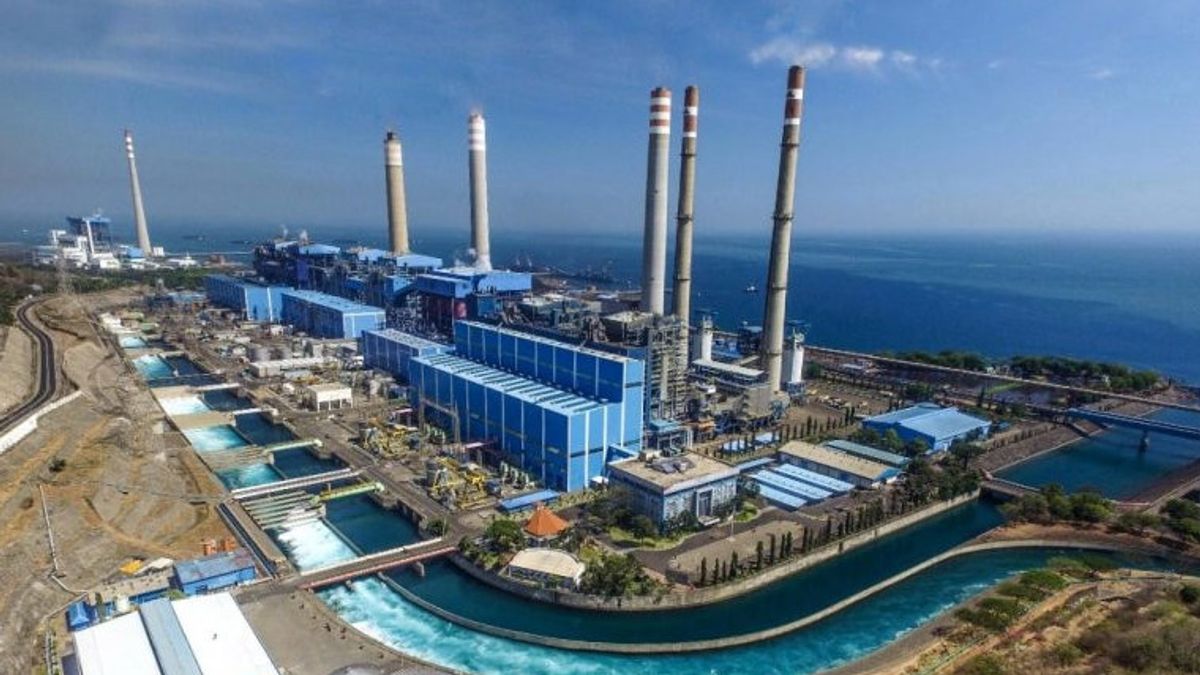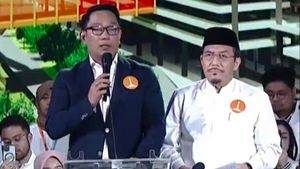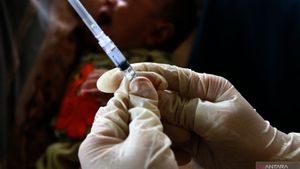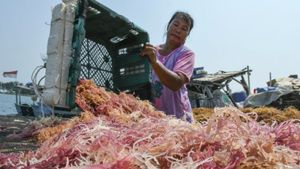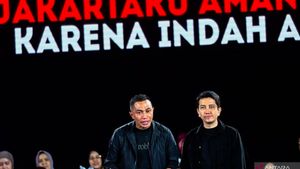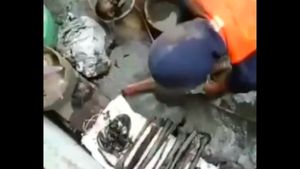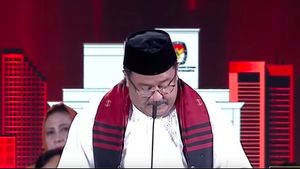JAKARTA - PT PLN (Persero) in collaboration with the Clean Ciliwung Movement (GCB) and Comestoarra is moving to reduce Jakarta's waste by processing it into co-firing raw materials.
PLN Main Distribution Unit (UID) Greater Jakarta can reduce 2.1 tons of waste disposed of in the Bantar Gebang Final Disposal Site (TPA) within 2 weeks. 2.1 tons of organic waste can be processed into 461 kg of solid waste fuel for co-firing of steam power plants (PLTU).
Cofiring is the process of adding biomass as a partial replacement fuel or coal mixture in PLTU.
General Manager of PLN UID Jakarta Raya Doddy B. Pangaribuan explained that together with GCB and Comestoarra, PLN implemented the Local Waste Processing Site (TOSS) method, which is an alternative method of waste management.
The collaboration was marked by the signing of a Memorandum of Understanding between PLN UID Jakarta Raya and PT Comestoarra as the initiator and companion of TOSS activities and the Clean Ciliwung Movement as a group that processes waste into new renewable energy (EBT) for PLTU.
This is a people-based energy ecosystem because the supply of biomass will be met from the collaboration of all elements of society. With this, the wheels of the regional economy will be boosted and emissions at the power plant will decrease.
"In the future, the processing of waste into EBT will be even greater because as many as 17 Implementing Units within PLN UID Jakarta Raya through the TOSS program have the potential to reduce organic waste and biomass residues by 150 tons per year. We hope that this small step can inspire us all in achieving Net Zero Emission in 2060," said Doddy in an official statement, Monday, October 31.
Doddy explained, the TOSS method is converting organic waste and biomass residue into energy with a 3 stage process.
The first process is drying organic waste and biomass by using bamboo boxes and bioactivator liquid. Within 3 to 5 days, the waste will shrink by 50 percent. Then it is ready to become energy material.
The second stage is counting which aims to smooth the material using a chopping machine until it reaches a size of 10 mm.
SEE ALSO:
Finally, the pelletization stage is the process of compacting the material into biomass pellets to facilitate transportation.
The results of the 3 stages of the process are able to produce calories of approximately 3,300 kilocalories per kg or equivalent to light coal and the pellets are ready to be used as an alternative fuel in the PLTU owned by PLN.
PLN also uses electric vehicles as environmentally friendly operational vehicles in transporting waste from the Implementing Unit to the TOSS center located in the Clean Ciliwung Movement.
"This effort is also a manifestation of the company's commitment to the principles of Environmental, Social and Governance (ESG) in creating sustainable economic development," he concluded.
The English, Chinese, Japanese, Arabic, and French versions are automatically generated by the AI. So there may still be inaccuracies in translating, please always see Indonesian as our main language. (system supported by DigitalSiber.id)
